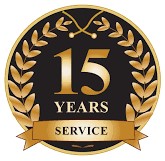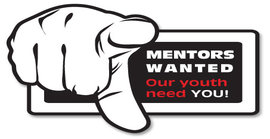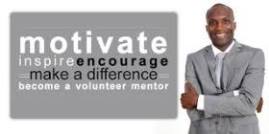The Real Choice in Education: Will We Help Every Student Succeed?
By Jeff Edmondson, Michael McAfee, Anne Williams-Isom
Eight-year-old Jaquan was facing many of the same challenges as countless other kids in low-income urban, rural, and suburban communities across the country: subpar schools, inferior healthcare and nutrition, and scarce opportunities to lift his sights above the poverty all around him. Meanwhile, his mom was struggling to pay the rent on a part-time job with a below-poverty income.
After Jaquan was placed in a highly restrictive special education program, he began acting out at school and was suspended. If you ask many of our elected leaders in Washington and around the country what’s the best way to help kids like Jaquan, they’ll tell you his family should have more “choice” when it comes to his schooling. Some will suggest we give his mother a voucher or some money so she can send Jaquan to a high-quality private school.
It sounds good in theory, but the fact is that we have more than 14.5 million children living in poverty in the United States. Voucher systems and school choice are only going to help a small fraction of those young people. And what about students like Jaquan who need a lot of special attention that most private schools don’t provide? Well, too bad.
If we’re serious about helping all children get a good education, we need to think differently. We need to learn from the success happening in places like North Minneapolis, where a partnership called Northside Achievement Zone (NAZ) stepped in to help Jaquan’s mother craft a comprehensive plan to get her son back on track.
NAZ’s staff works with local schools and more than 40 partner organizations in the community to wrap children and their families in a comprehensive system of “cradle-to-career” supports. For Jaquan, this meant having a real choice of valuable services, both in school and outside. This included connecting him with a school-based academic specialist to improve his grades, a behavioral specialist to help him tackle the problems that got him suspended, and a mentor who will work with him through high school.
Jaquan also was enrolled in local after-school and summer enrichment programs that helped him jump ahead in reading and math. And through NAZ, his mother was able to get Jaquan’s younger sister into an early childhood education program, which had the added benefit of enabling her to go to work full time. This is what can happen when families are given meaningful choices in their communities.
North Minneapolis is far from the only community benefiting from results-based, collaborative work. Throughout the country, urban, suburban, and rural communities that are part of the Promise Neighborhoods Network and the StriveTogether Cradle to Career Network are working to improve education for every child.
Inspired by the pioneering work of the Harlem Children’s Zone, these communities are demonstrating what can happen when people come together — parents, schools, nonprofits, businesses, and government — to enable kids and their families to choose the comprehensive supports they need to break the cycle of poverty and grow up to be productive, successful adults. A hallmark of this approach: shared accountability for better results for children, families, and entire communities.
The results speak for themselves. For example, the children of families enrolled in NAZ’s programs are much more likely to be “kindergarten ready” than other children in the neighborhood (50 percent versus 16 percent). In addition, reading tests over the past three years show a significantly higher percentage of NAZ-enrolled students in grades three through five achieving proficiency, compared to neighborhood peers. And because there is a regional cradle-to-career partnership that has a vision aligned with the work of NAZ called Generation Next, the practices that led to these improvements can be more easily spread to other neighborhoods.
Far too often, people grab hold of a single idea and hope it is the secret to improving education. But what if the secret is all around us?
It’s time to take a closer look at what’s happening in cities and towns from North Minneapolis to Berea, KY, to Seattle — places where partners are working together to provide children and their families with essential supports. It’s time for the federal government to help build on what’s working to make sure that all of our kids have choices that allow them to learn, grow, and succeed — from cradle to career.
By Jeff Edmondson, Michael McAfee, Anne Williams-Isom














